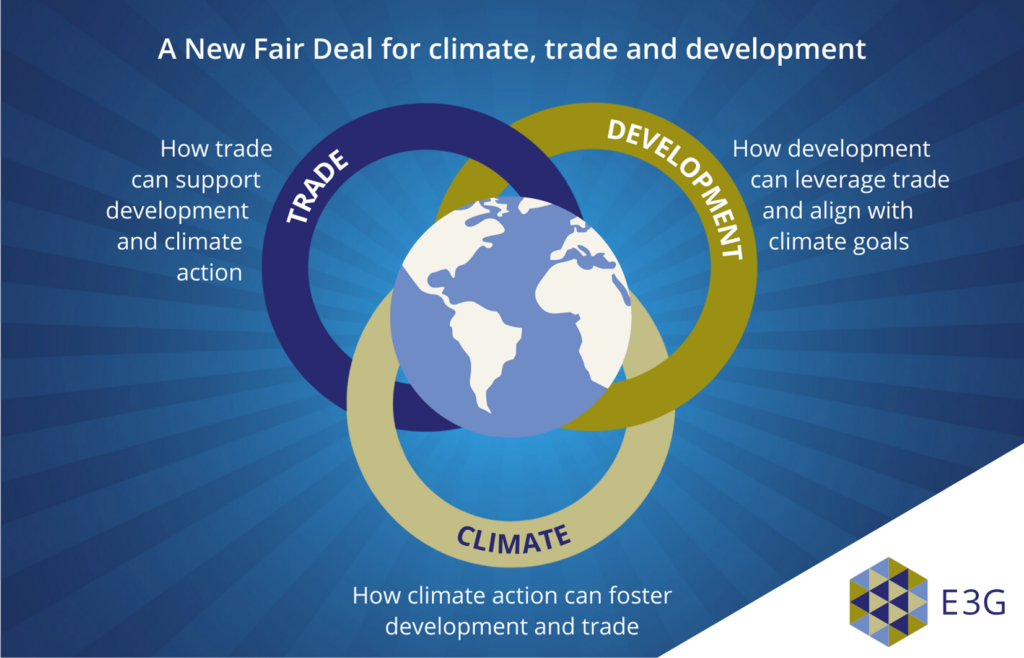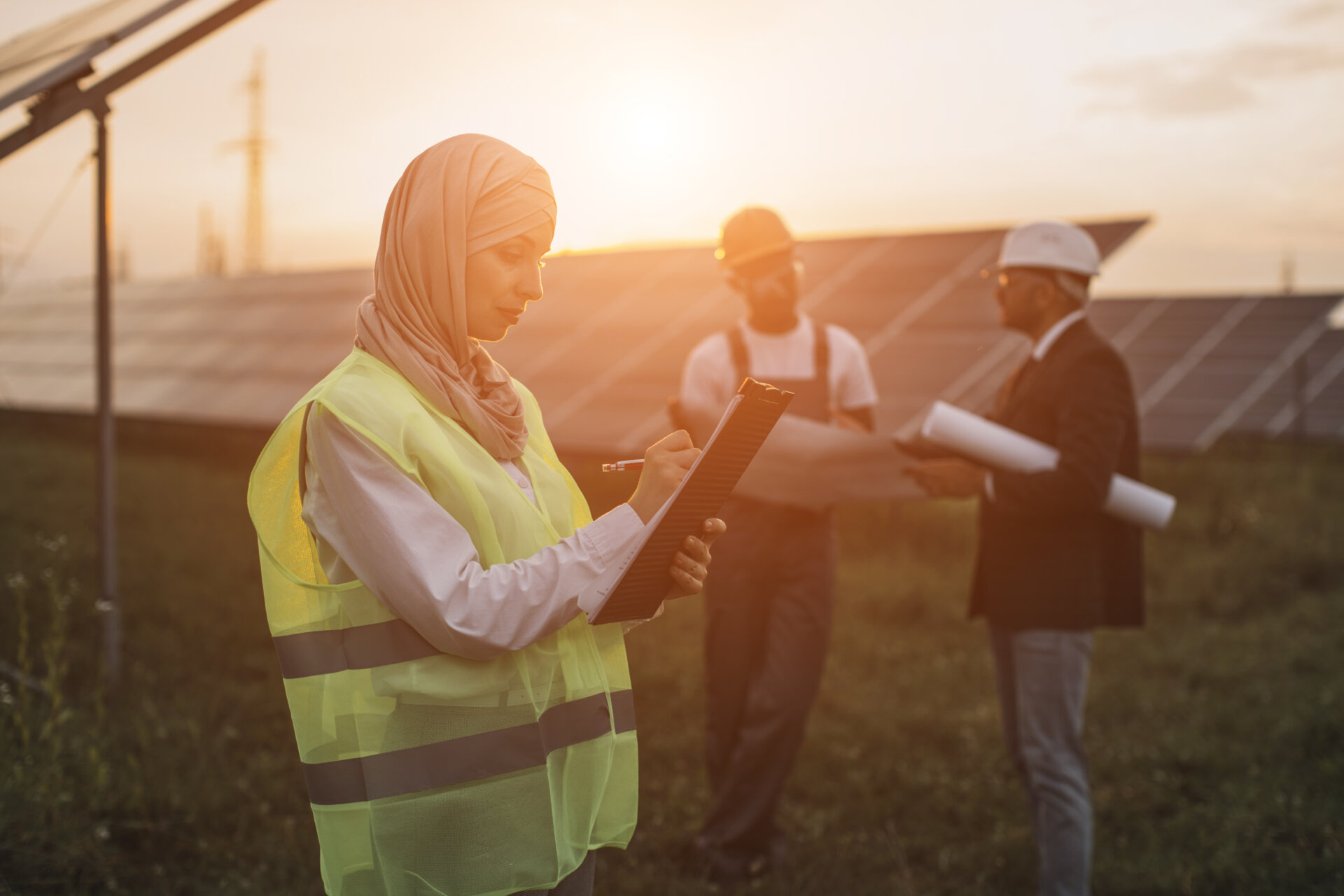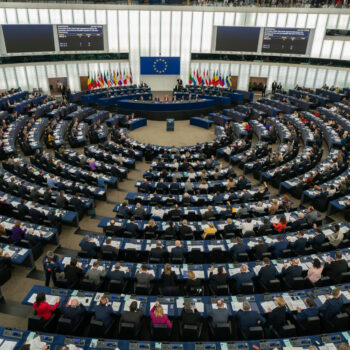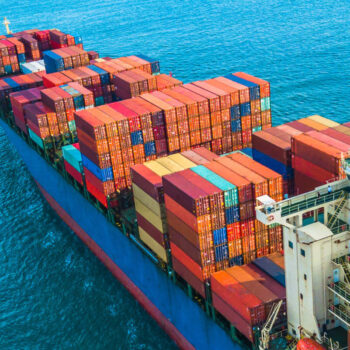A New Fair Deal can bring climate, trade and development together synergistically, with negotiations and packages built across the three dimensions. While this will result in greater complexity, it also opens up a vast space of opportunities for deals, bridging between multiple parties and topics. As a new approach to global cooperation, it has the potential to renew trust, prevent a protectionist spiral, and allow sustainable development to focus on development opportunities.
Countries in the Global South are facing a poly-crisis. Climate change impacts, rising energy costs, food insecurity, and geopolitical insecurity are significant burdens for low-income countries to bear. Add to this the economic challenges of inflation paired with rising interest rates and a strong dollar, and the still real health challenge of the continuing COVID-19 pandemic.
We have reached the limits of what we can do with existing tools and remedies to address climate, trade and development challenges. We need a major rethink of how we approach North–South relationships. This includes reforming how donors interact with recipients and how to align climate, trade and development.
A New Fair Deal for climate, trade and development could create policy “deals” across multiple policy fields and geographies. It breaks the need to establish one-to-one matches of interests and significantly expands the scope of opportunities. It, therefore, opens the door to new solutions that provide benefits to countries in the Global South, without leaving anyone worse off.

This report presents research on some of the ways trade and development in the Global South are interlinked with climate. Understanding these issues allows us to identify areas where these policy fields can be usefully linked at the international level, benefiting developing countries but also the global effort to maintain a liveable planet.
Core principles underpinning our approach are that:
- Trust between the Global South and the Global North needs to be rebuilt.
- Opportunities for development are essential for functioning communities, both within countries and regions, and at global scale.
- Rules can be differentiated by the ability to carry, and a simple division into developed and developing countries is insufficient.
- The focus of tools and measures needs to be on cooperation and positive reinforcements, rather than defensive and reactionary.
- Convenience and simplicity may not deliver the necessary solutions to today’s and tomorrow’s problems.
The Global North can only maintain its wealth and prosperity if there is a drastic betterment for the South. Just like ecosystems are interconnected, so are human societies. Given their geopolitical and economic weight and influence, we suggest that the EU and the US lead on this New Fair Deal for climate, trade and development. Specific steps for them to initially explore are:
- Offering debt relief for climate action through national and regional development banks such as the European Bank for Reconstruction and Development.
- Launching regional guarantee platforms (with the intention of linking these to multilateral development banks when these are ready).
- Offering trade access and privileges for climate action, based on common standards and processes.
- Working together to reform WTO trade rules.
- Promoting technology transfer, including through a joint cleantech IP bank.
- Fostering capacity building, for example through co-developing research and education hubs in Global South countries and developing organisational and institutional capital as part of their development work.
Read the full briefing on a New Fair Deal for climate, trade and development here.


